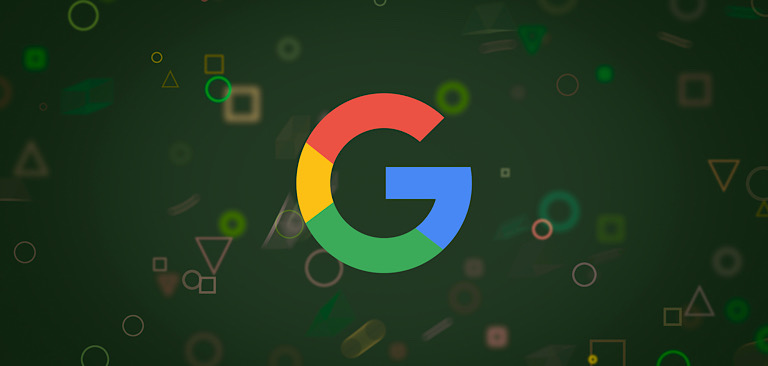Google has released new stats that highlight the scale with which it editorializes across its Search and News products and revealed that users have seen more than four billion fact-checks across these products this year to date.
This equates to around 500 million fact-checks being displayed per month and the total number of fact-checks displayed has already surpassed all of the fact-checks that Google displayed on these products in 2019.
The announcement is reflective of the huge increase in the scale and invasiveness of fact-checking across Big Tech’s products and services this year.
In terms of scale, Google has extended fact-checking to Google Images, Facebook has started fact-checking opinions, YouTube has added fact-checker info panels to its search results, and Facebook applies fact-check warning labels to 98 million posts per quarter.
In terms of invasiveness, some forms of fact-checking are going beyond displaying a fact-check label on content. For example, on Facebook, users that interact with what the company deems to be “misinformation” are sent articles from the World Health Organization (WHO).
The impact these fact-checks have on the viewership of content can be substantial with Facebook revealing that the warning labels that are applied as a result of these fact-checks slash clicks through to the content by 20x.
Another indicator of just how pervasive Big Tech fact-checking has become is that it’s even impacted statements from the President of the United States with several of President Trump’s posts on Twitter being fact-checked and Facebook applying info panels to some of his posts.
Related: ? The way Big Tech prescribes its version of the truth shares many parallels with China
As the scale of Big Tech’s fact-checking has increased, concerns about conflicts of interest and inaccuracy among the fact-checkers have also heightened.
The WHO, which is used as a source to fact-check claims related to the coronavirus across most of the major social media platforms, has come under fire for several of its statements including its infamous January 14 tweet that stated: “Preliminary investigations conducted by the Chinese authorities have found no clear evidence of human-to-human transmission of the novel #coronavirus (2019-nCoV) identified in #Wuhan, #China.”
Other health authorities that are relied upon by Big Tech companies to act as arbiters of truth on the coronavirus have also been criticized for their changing recommendations on topics such as masks.
In addition to this, revelations such as the Bill and Melinda Gates Foundation providing funding to Facebook fact-checkers that defend it from allegations and stories about the coronavirus potentially originating in a Wuhan lab being fact-checked and labeled “false” by someone who previously worked at the lab have also highlighted potential conflict of interest concerns.
Beyond these concerns, some users have accused Big Tech platforms of applying fact-checks selectively for certain topics which results in false information that supports certain narratives being given a pass.












